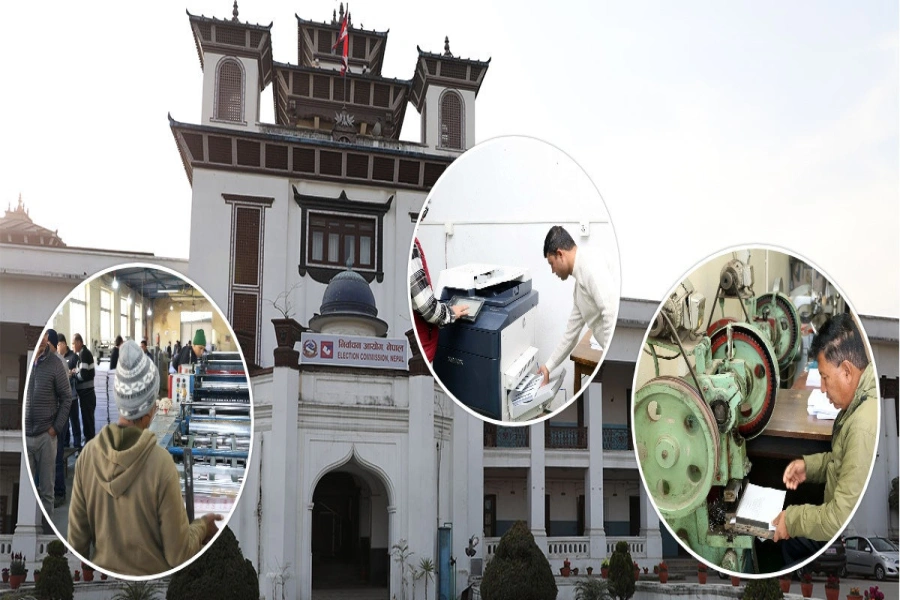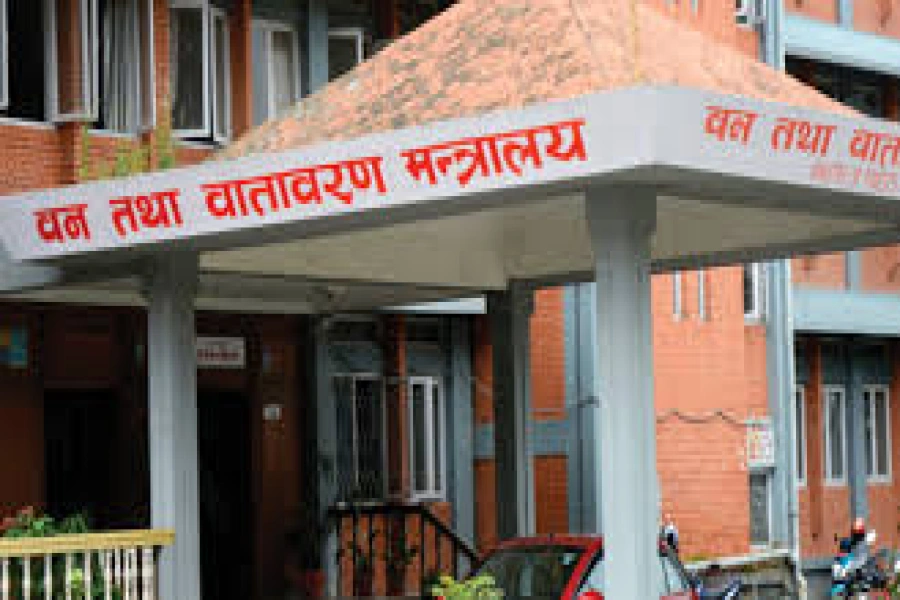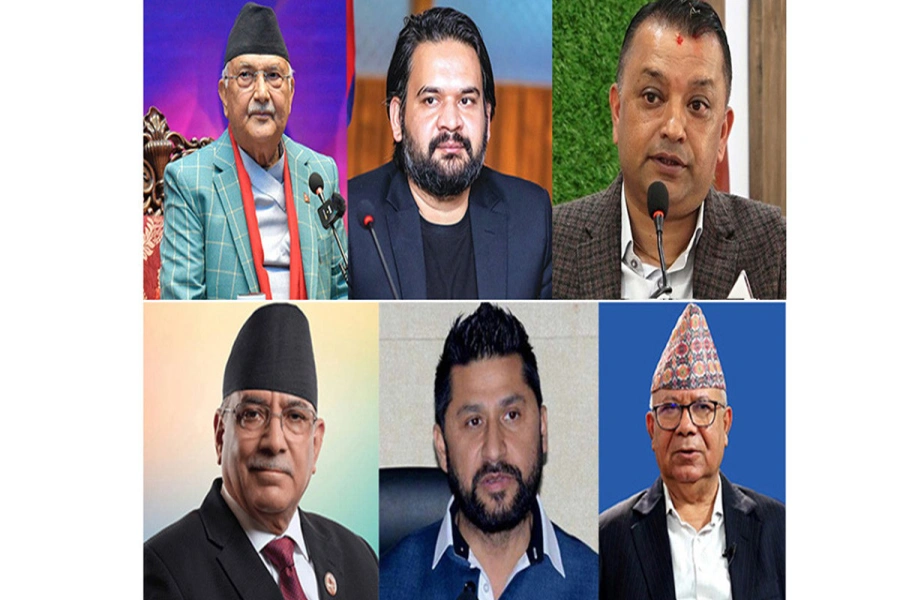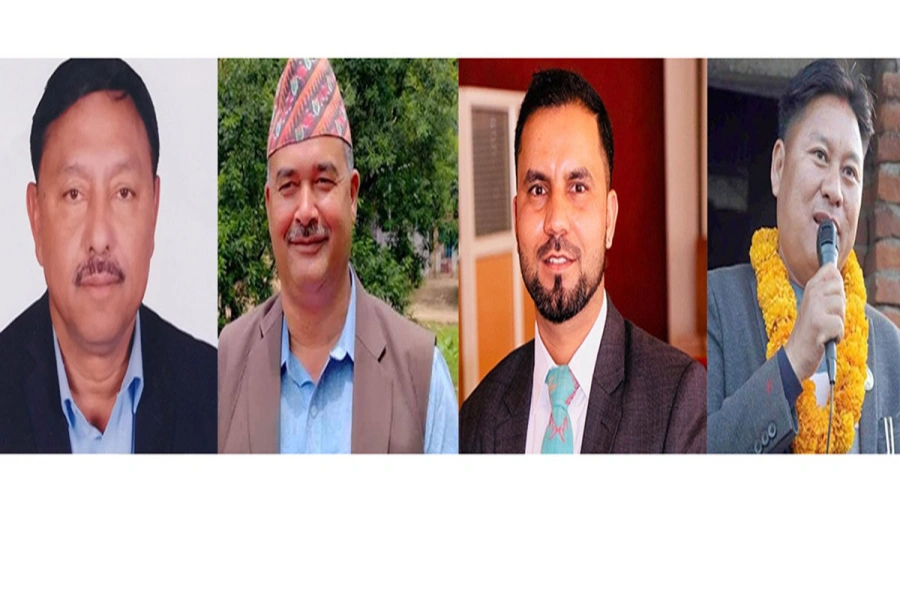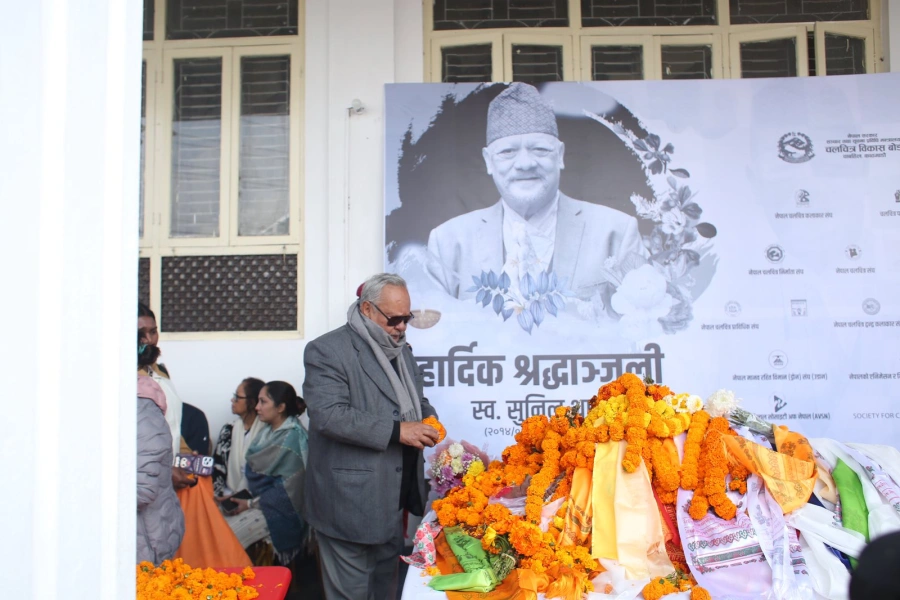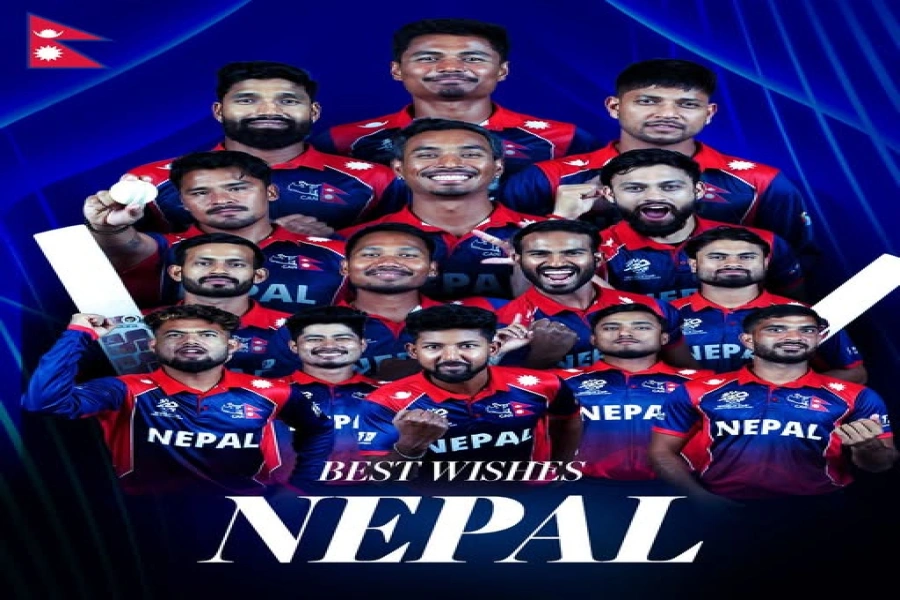The problem is that the people who occupy Nepal's 'think-tanks' appear bereft of an ability to think. While political ideologues spew venom against one another and compete therein for political power, those in the nation's think-tanks watch on complacently.
The NC-UML coalition predominantly comprises of high-caste Hindus from the country's hills regions who have enjoyed hegemony for the past 250 years. Even after the introduction of democracy in Nepal, those in power are drawn from same regions and Hindu caste communities.
In Nepal's last election, this coalition strategically targeted class-based empowerment and multi-ethnic identity-based federalism to attract votes from caste elites, as well as from ethnic minorities and indigenes; their electoral platform focused on provision of livelihoods, shelter, and education. Their platform excluded remedies for historical injustices based on race, religion, language, age, ethnicity, social and cultural background, even though the effects of disadvantage and oppression that these injustices created have compounded over generations—and continue to do so.
Because members of this coalition have not suffered discrimination or other forms of civil apartheid because of their language, religion and caste, they lack understanding of those in Nepal who have. What's worse, these so-called national leaders revile the country's ethnic and indigenous peoples not only as 'pathetic', but also as 'too lazy to complete their education and compete for government and political posts'.
They pompously dismiss as irrelevant and inconsequential the fact that the availability of media and newsprint in Khas Nepali and its dialects confers on them a linguistic—and therefore political—advantage that is denied to minority sections of the population. The same observation applies to concentration of people from dominant castes in governmental and powerful political posts. How many party positions in NC or UML are occupied by women or people drawn from Nepal's ethnic, religious, and sexual minorities? Very few indeed!
Because of a fundamental conviction of NC-UML coalition that it's only they who possess a divine right to rule Nepal, they consequently believe they are entitled to impose on our nation's inhabitants not unity but uniformity. A unity which can be expressed through respect for and enrichment of Nepal's diversity is anathema to these people. Their vision is fixated on compelling conformity in language, religion, and perpetuation of caste-inspired political hegemony (including patriarchy).
Whereas the NC-UML coalition, together with its followers, has experienced negligible civil discrimination, the experience of Maoist-led coalition parties and their followers is the exact opposite. For the past 50 years, the now Maoist supporters have struggled for acceptance by Nepal's mainstream society. Among those few whom the ruling class has gratuitously assimilated, some have succeeded in winning token jobs and other forms of sinecure (that is, high salary with few duties) but their employers have exacted a price because, as recipients of high-caste largesse, these few have had to repudiate or disguise their cultural and ethnic heritage, as well as cease using their mother tongue. This, I argue, is an example of empowerment at its worst—in fact, it compares to economic blackmail and cultural genocide.
The national GDP, which the NC-UML coalition naively holds as reference point to measure citizen empowerment and happiness, has serious shortcomings. In many of the world's developed countries with high GDP, many citizens suffer from undiagnosed mental disorders which may eventually result in self-harm and suicide. In Australia, for example, which enjoys a high GDP, there is an epidemic of rural suicide among farmers unable to adjust to agricultural globalization, among rural youth who are unable to compete in the jobs market, and among indigenous Australians who have suffered almost 200 years of dispossession and neglect by later European settlers.
In contrast, many nations with relatively lower GDP have enlightened policies to encourage social inclusion. These policies, rather than GDP, are more effective in making people feel safe, respected, and accepted for what they are and what they have. These are backbones for peaceful build-up of a unified nation where mutual respect for differences, together with transparent, ethical and accountable government, is allowed. For Nepal to evolve into a successful nation, all its citizens should feel that dignity, rights and identity are respected, and therefore they are free not only to express their views but also to participate in the country's political process with more powerful factions.
Our constitution should have embedded strategies to ensure firstly that diversity is recognized and sustained, and, secondly, that the kinds of discrimination and apartheid which I have previously mentioned are outlawed. This is a vision which broadly aligns with Maoist manifesto on Nepal's future: minorities require a space and an environment of social inclusion so that they too can also participate in politics and government. Maoists have also discovered that, without respecting minorities' self-identity, cultural values, and political voices, empowerment will stall.
Finally, it's urgent that the government adopts policies and recruitment practices for civilian officers that inspire the confidence of the country's diverse population. The domination of high-class, high-caste officials in the civil services does not augur well for the country's unity and peace. These puppets of NC and UML have shown themselves to be insensitive to the needs and aspirations of Nepal's minority communities.
For a man to say that he can understand birth-pangs of a woman in labor or the anguish of a bereaved mother is deceitful and, in a psycho-biological sense, it's impossible. Likewise, for somebody from a privileged protected sector of society to claim that he or she understands the pain of someone who is reminded of their minority status on a daily basis is pure arrogance. Hasn't the time come for proficiency in regional languages for appointment to a government position in particular regions?
A policy along these lines would be recognition that it's more than an economic target like GDP that unifies a country. If sections of the population continue to suffer marginalization and are herded into notional ghettos which dominant Hindu castes see as their religious duty to patrol, the marginalized inmates could reach a point where they have nothing to lose if they break-out, annihilating their guards in the process.
An authentic constitutional democracy is akin to an exceedingly large family which comprises members who have different physiognomies, different language skills, different sexes, different ages, different medical needs, different talents, and different experiences of life. Democracies have citizens who share responsibilities for each other, irrespective of their differences. I fear that Nepal's engagement with modern popular democracy is in danger of implosion because dominant political parties are merely perpetuating the country's former feudal institutions, thereby empowering their own followers at the expense of those sectors which have historically suffered oppression.
In today's rapidly changing world, never before have children and young people had access to the magnitude and complexity of information and knowledge which is now at their fingertips. Wise parents realize that they must not only consider allowing their offspring optimum freedom in which to make their personal life choices, they must also stand by them if the choices that their children make turn out to be bad ones. A new ethos of parenting and social relations is needed to manage the recent change. If this can be accomplished through our politicians' embrace of mutual respect, empathic understanding, an ethos of care and humane law and policies in keeping with Nepal's diversity, then our children's future will be secure; for a people without knowledge of their history, origin and culture is like a tree without root and a house without foundation.
The author has a Masters in Human Rights and Democratization from University of Sydney
Jeff Goldblum records a duet with Miley Cyrus



